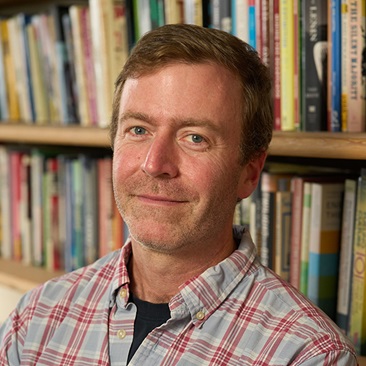Global Perspective
August 6, 2019
Pradeep Tharakan ’03 M.P.A. is principal energy specialist with the Asian Development Bank, managing energy sector investments and programs in Southeast Asia.

Q: What pressures in developing nations complicate the campaign against climate change?
A: History has shown us that, unfortunately, societies have had to get richer before they get cleaner and become more discerning about the quality of their living environment. However, we are running out of time.
Developing nations are challenged to expand essential services and improve living standards, while doing it in a way that is environmentally friendly; and to simultaneously prepare their populations to adapt to the risks posed by climate change.
In some ways it is easier to address climate change mitigation in such economies, as much of their infrastructure is yet to be built. This provides an opportunity to get it right from the beginning. In other ways, it is harder, owing to lower per-capita incomes, low levels of public spending, and ineffective policies and lax enforcement.
Q: Are there specific lessons about receptivity to climate change initiatives borne out by your work?
A: Policymakers and decision makers are often focused on the near-term and tend to discount future, projected risks. I have found it easier to approach climate change through the lens of local issues, such as air pollution, traffic congestion, waste management and sanitation, etc. There are near-term, tangible benefits that citizens and governments seek, and in addressing them in smart ways we would also be addressing the longer-term climate change response agenda.
This article appeared in the spring 2019 print edition of Maxwell Perspective © Maxwell School of Syracuse University. To request a copy, e-mail maxwellperspective@syr.edu
Special Series: Environment, Energy, Sustainability
- Public Affairs and the Multifront Attack on Climate Change
- Top Priority
- Different Viewpoints, Better Solutions
- Climate Change in the Classroom
Outside Experts
- Local Collaboration
- Global Perspective
- Business Model
- Consumer Desire
- Interdisciplinary Model
Related News
Commentary

Dec 3, 2024
School News

Dec 3, 2024
Commentary

Oct 15, 2024